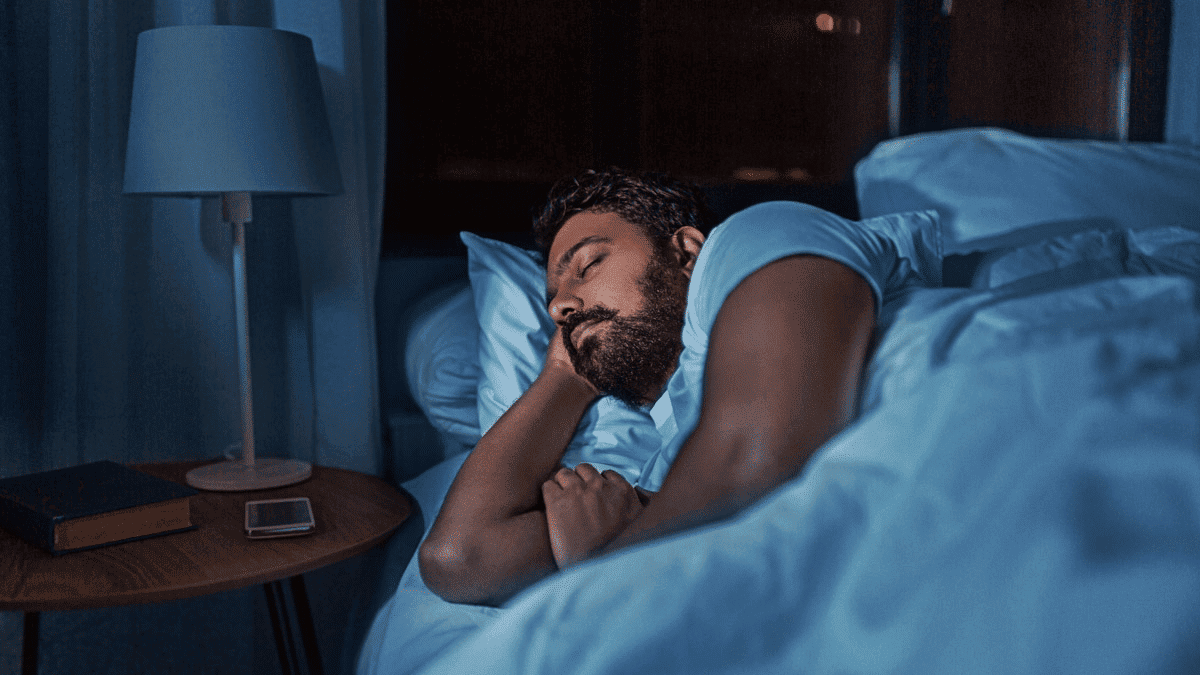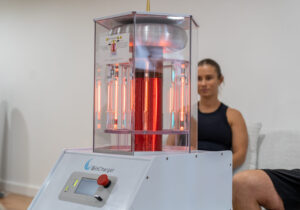Getting a good night’s sleep is essential for physical and mental health. Unfortunately, many of us with sleep issues, whether it is difficulty falling asleep, staying asleep, or waking up feeling rested. Fortunately, there are several strategies you can try to improve the quality of your sleep.
Here are some tips for better sleep:
- Stick to a consistent sleep schedule: Go to bed and wake up at the same time every day whenever possible, even on weekends. This helps regulate your circadian rhythm and improve sleep quality.
- Create a relaxing sleep environment: Your bedroom should be cool, quiet, and dark. Invest in a comfortable mattress and pillows, and consider using blackout curtains or a sleep mask if needed. Aim to have the temperature in your bedroom between 16º-20º Celsius. Your body temperature naturally decreases to trigger sleep. If your room is cool, it’s easier for your body to drift off to dreamland.
- Avoid screens before bedtime: The blue light emitted by electronic devices, such as smartphones and computers, can interfere with the production of the sleep hormone melatonin. Aim to turn off all screens at least 30 minutes before bed. I recommend investing in a good pair of blue light-blocking glasses to wear in the evening.
Another good tip is to ensure your devices are set to ‘night mode’ in the evening. This will help reduce the blue light that is emitted from your device during evening hours.
In addition to this, start to turn off or dim the lights in your house in the hours leading up to bed. This signals to our body that bedtime is approaching and helps us prepare for sleep
- Limit caffeine and alcohol: Both caffeine and alcohol can disrupt sleep, so avoid consuming these substances in the hours leading up to bedtime. Caffeine, for example, has a half-life of 6 hours. That means that if you have a coffee at 4 pm, half the amount of caffeine that you consumed will still be in your system at 10 pm.
Similarly, alcohol can significantly impact your sleep quality. While it may initially make you feel drowsy, it can disrupt the later stages of sleep, leading to more frequent awakenings and shallower sleep overall. This can leave you feeling less refreshed and more fatigued in the morning. Next time you find yourself reaching for a nightcap, try a quality sleep tea instead.
- Regular exercise can improve sleep quality, as long as you avoid vigorous exercise before bed. On the days that you don’t train in the gym, aim for at least 30 minutes of moderate exercise, such as a brisk walk.
- Practice relaxation techniques: Techniques such as deep breathing, meditation, or yoga can help calm your mind and promote sleep. Try incorporating these practices into your bedtime routine.
- Track your sleep: Tracking your sleep with an accurate wearable device, such as an Oura ring or Whoop, can be one of the most valuable investments you make for optimising your sleep. These devices provide valuable insights that help you understand your sleep patterns better. By using them, you’ll soon identify the things that disrupt your sleep, such as eating late or consuming alcohol in the hours leading up to bedtime.
Incorporating these tips into your daily routine can help improve your sleep and leave you feeling refreshed and energised. Remember, getting a good night’s sleep is important not only for your health but also for your overall quality of life.








